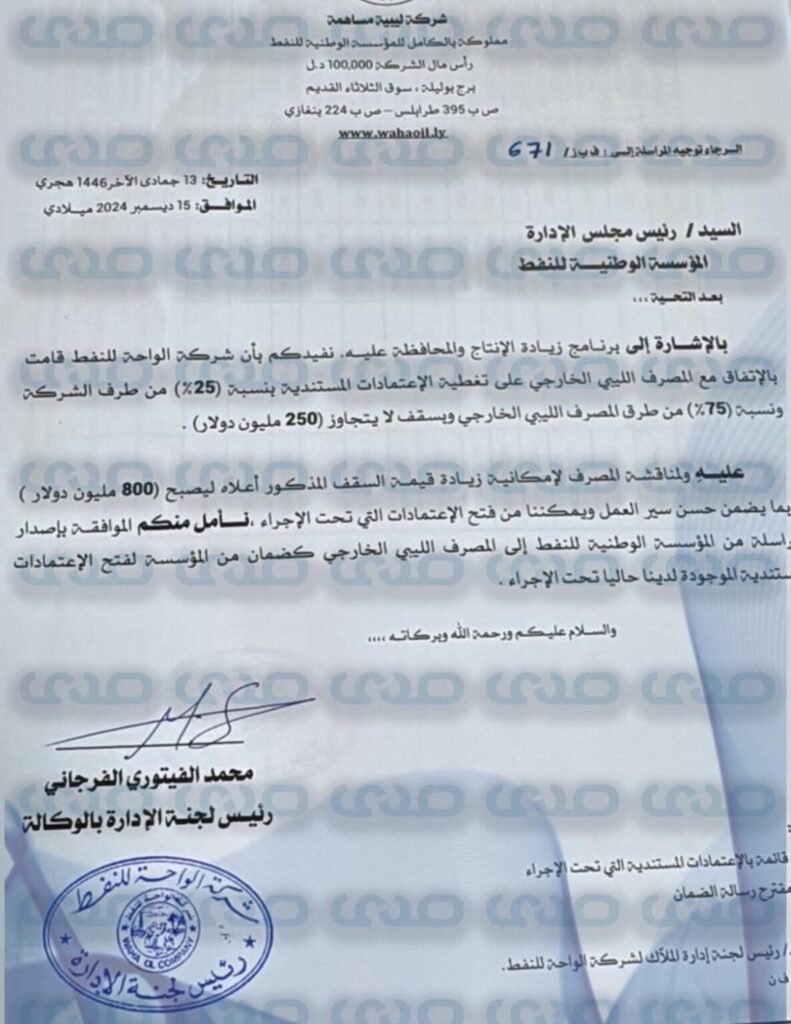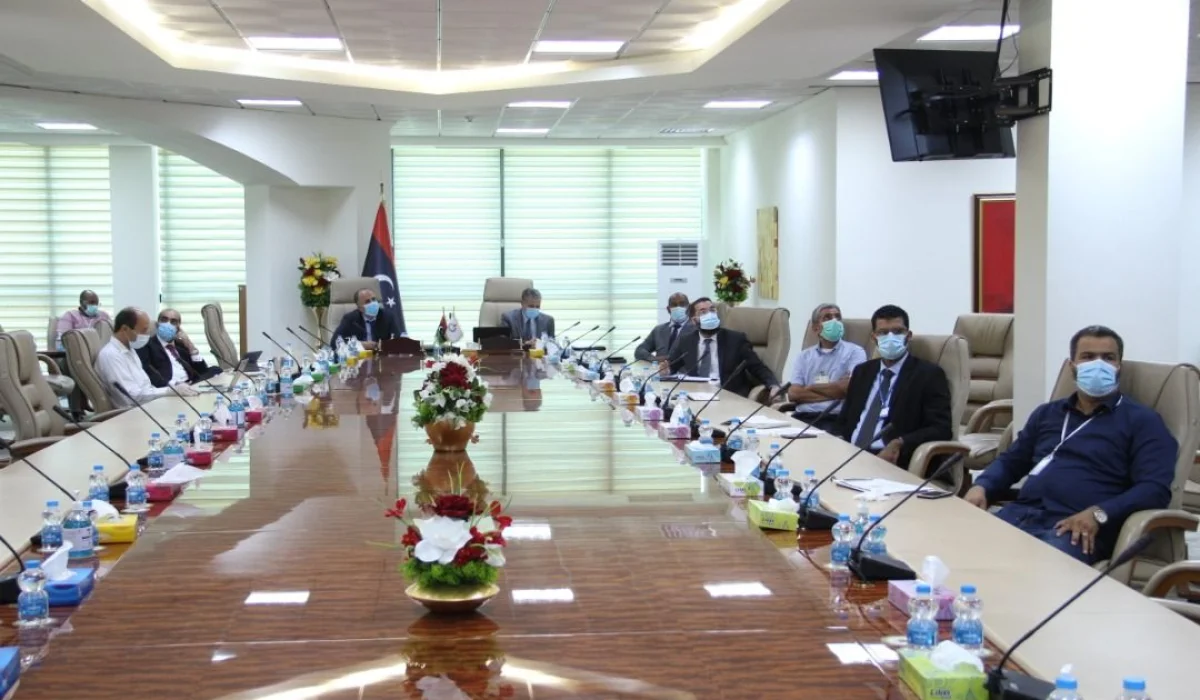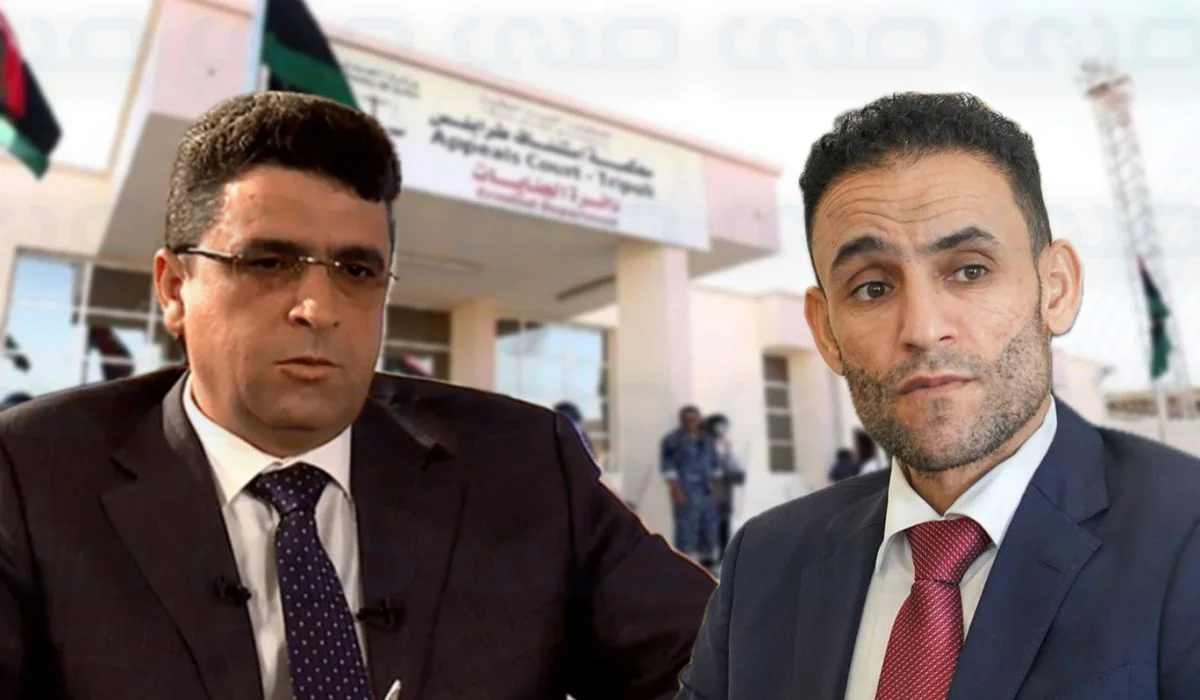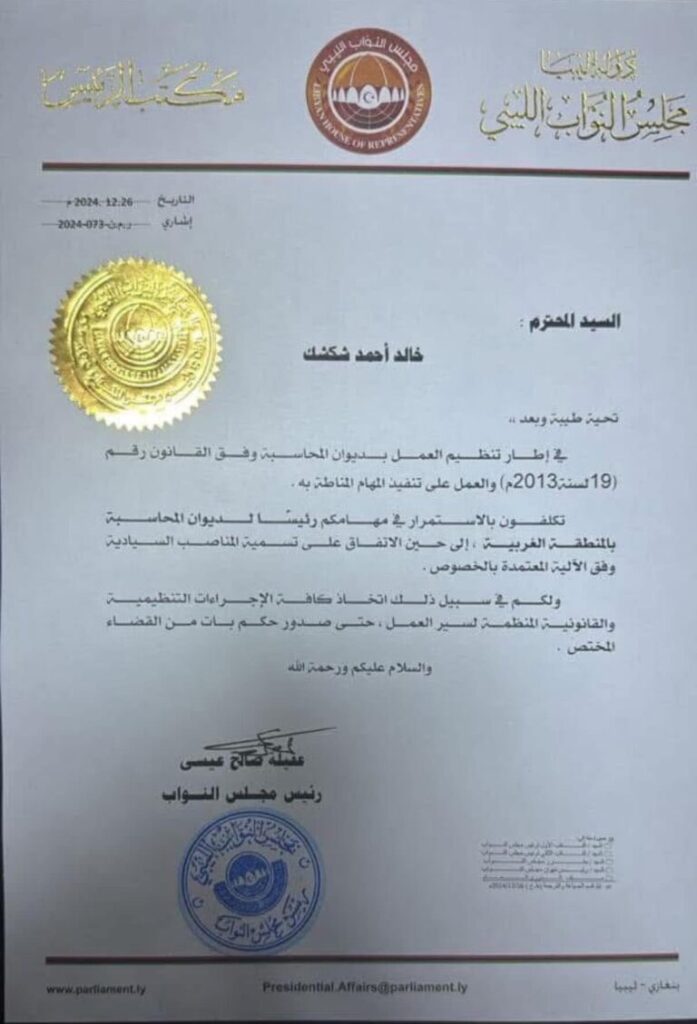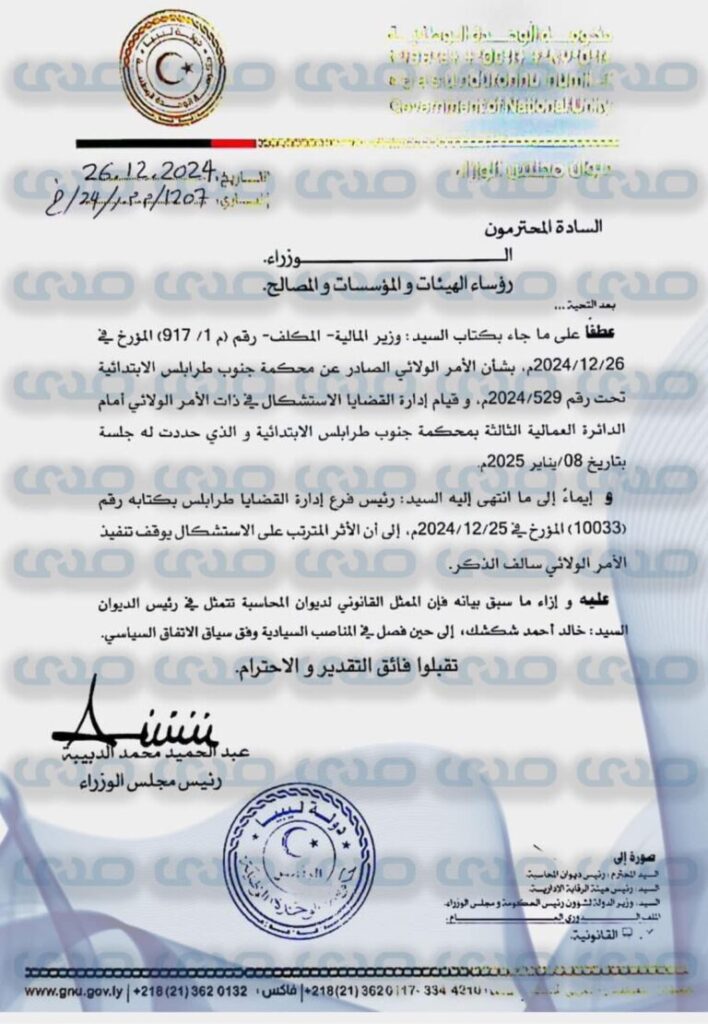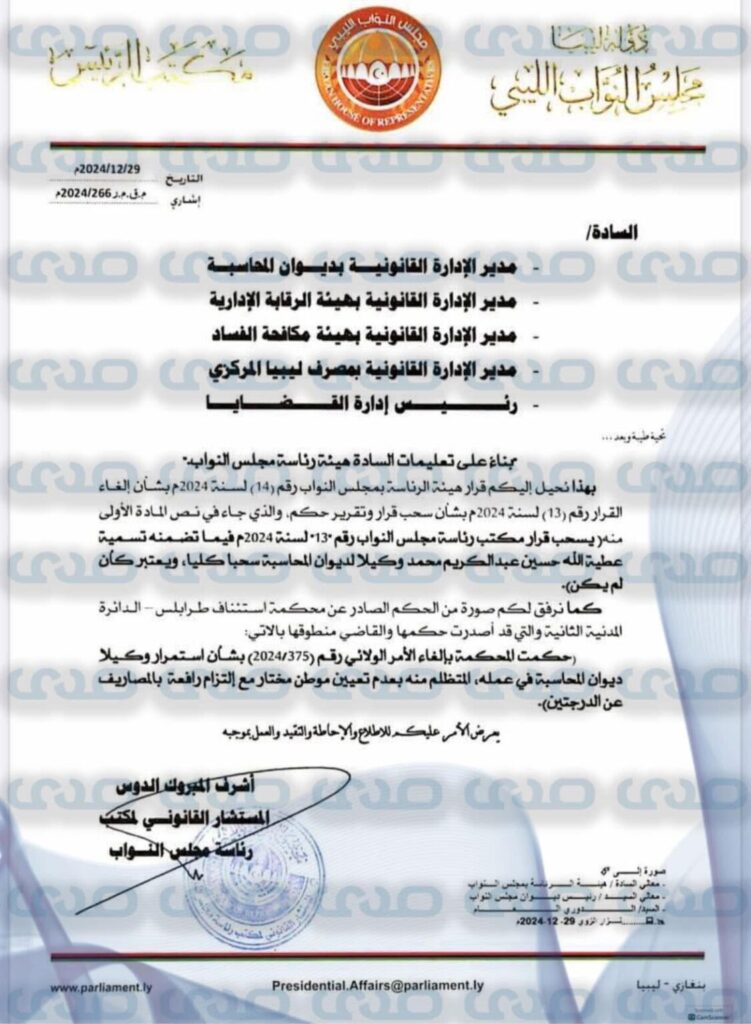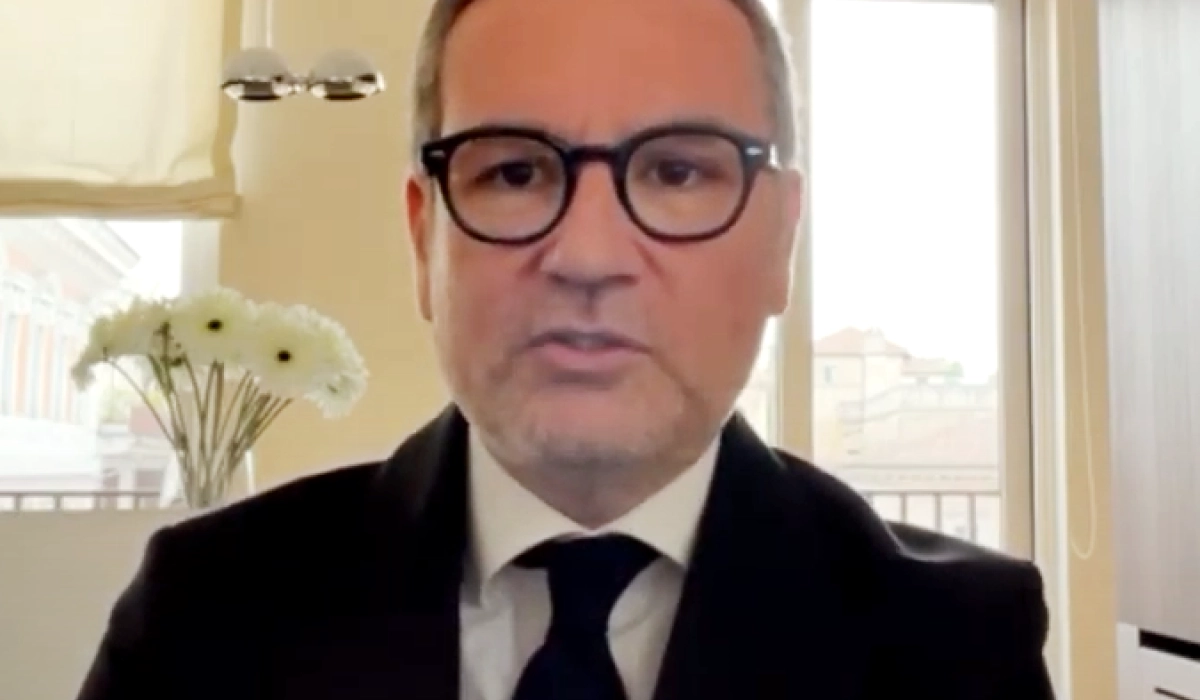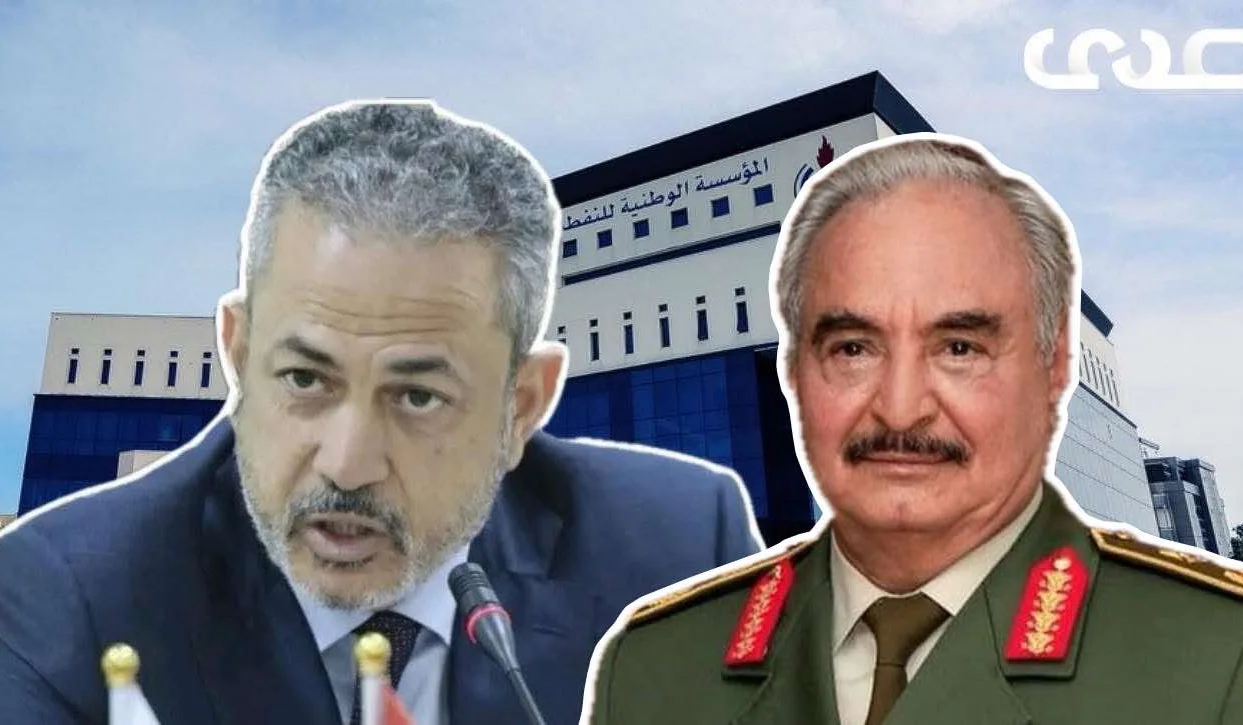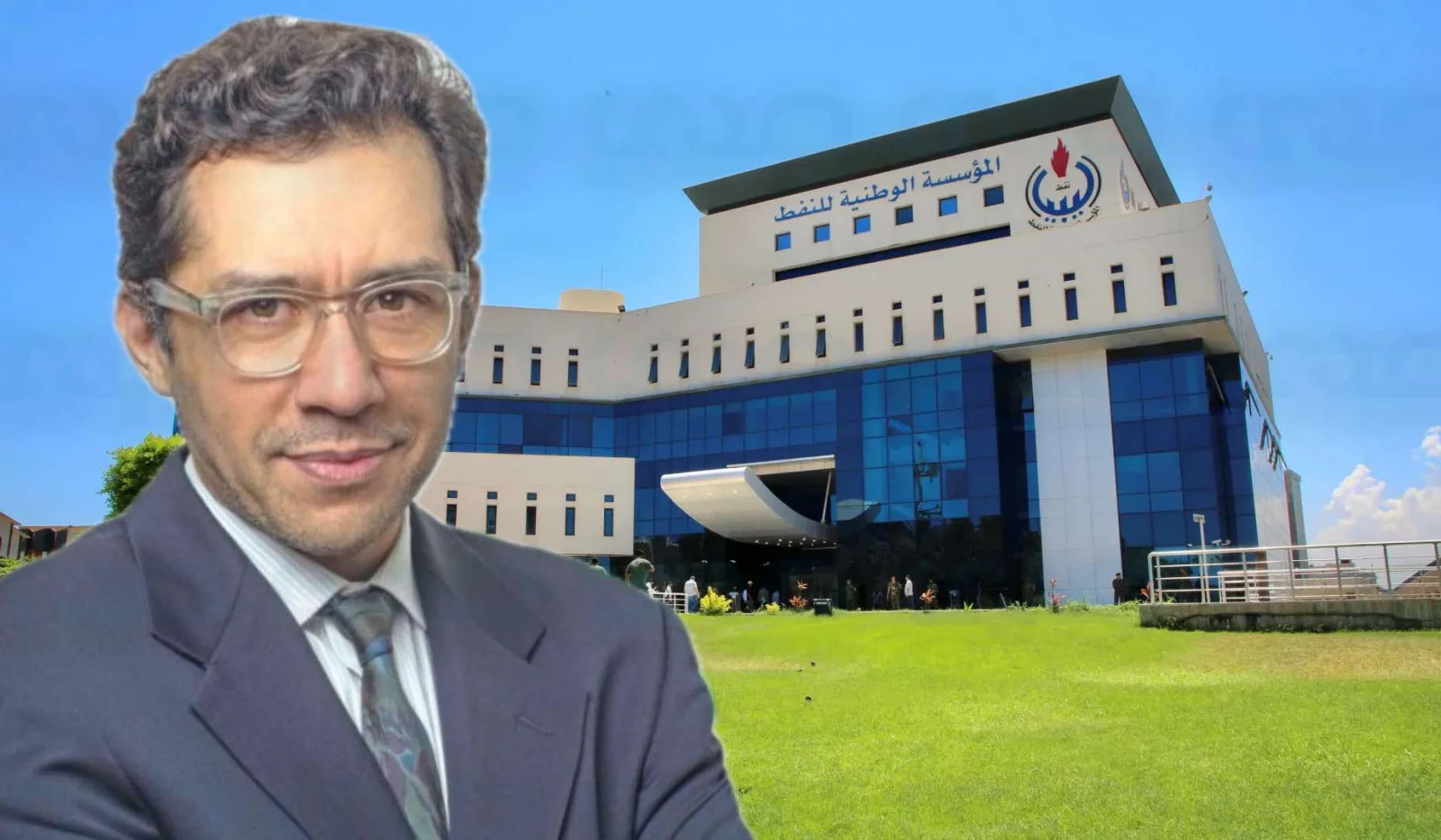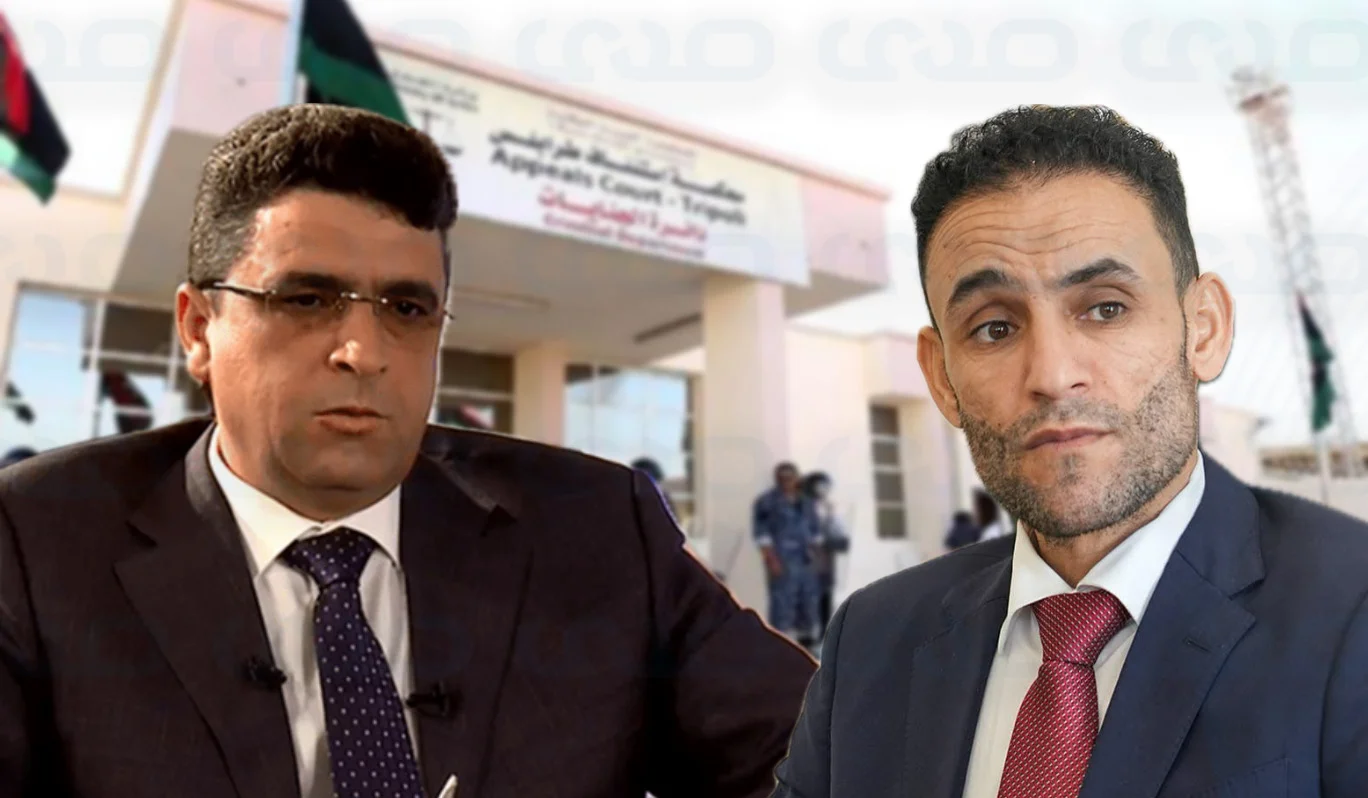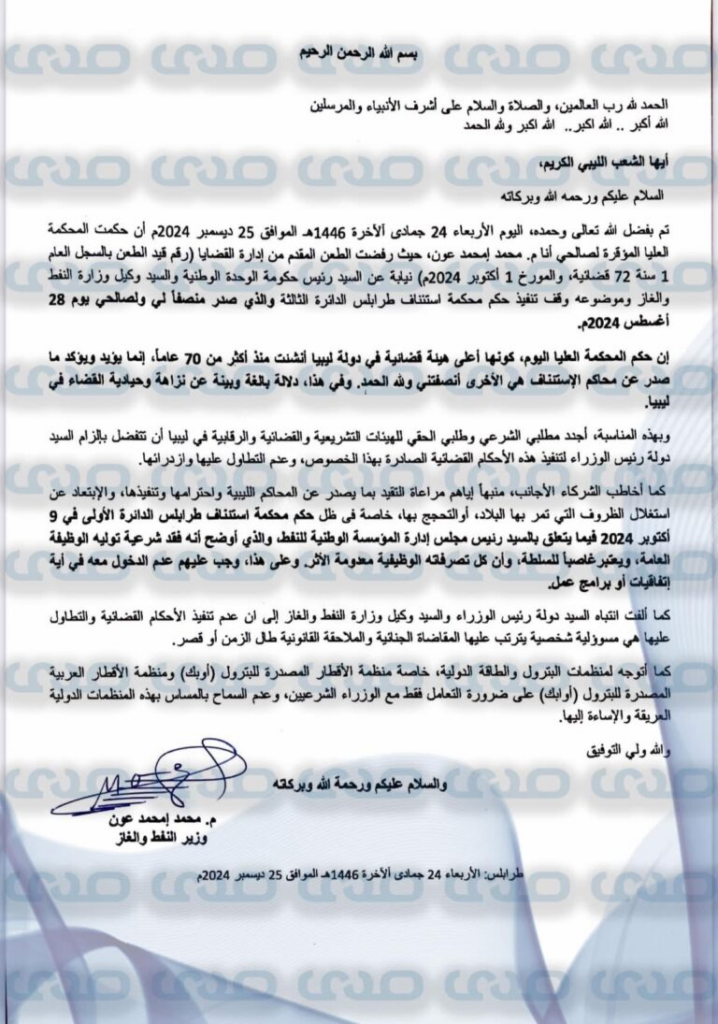Written by businessman Husni Bey regarding the cement crisis: “There is no doubt that cement is a basic commodity, highly demanded in the local market across all sectors, and directly affects the real estate sector, which accounts for no less than 60% of the national wealth. The availability of cement and the stability of its prices will have a significant impact on the national economy.”
Bey explained the current situation: “The cost of local cement production is 160-190 USD per ton (16-19 Libyan dinars per quintal), while the cost of imported cement from abroad is:
- Turkey: 461 dinars per ton (46.1 dinars per quintal)
- Tunisia and Egypt: 399 dinars per ton (39.9 dinars per quintal).” He added that speculators are working to set prices at the highest possible, which is the Turkish cement price at 461 dinars per quintal and sometimes even higher, reaching 700 dinars per quintal. Speculators benefit from the price difference, which is 31 dinars per quintal, totaling 1.4 billion dinars annually.
Bey also presented the proposed situation:
- Stabilizing the price of locally produced cement at 39 dinars per quintal.
- This will block speculators and stabilize the price.
- Local factories will benefit from the price difference as additional profits.
- These profits can be used to develop local factories and increase production to cover the entire market, eliminating the need for imports.
- Increased production will reduce costs, allowing prices to decrease gradually.
- Surplus production can be exported, benefiting the national economy.
Regarding cement production and fuel:
- The total installed production capacity in Libya is 10 million tons.
- The operational production capacity is 7 million tons.
- Actual production reaches 5 million tons.
- The owning companies are three: Libyan, National, and Burj Al-Fateh.
- Libya’s consumption exceeds 7 million tons annually.
- The gap between local production and market demand is covered by imports from Tunisia, Egypt, and Turkey.
Before and after the revolution, the price of cement in the Libyan market was determined based on the cost of the imported alternative, especially cement imported by sea from Turkey.
The costs of importing packaged cement (Turkish, Egyptian, and Tunisian) are as follows:
- Factory cost (EXW): $45 per ton for Turkish cement and $50 per ton for Egyptian and Tunisian cement.
- Shipping cost from Turkey: $25 per ton.
- Shipping cost from Egypt or Tunisia: $15 per ton.
- Handling and transportation costs by sea: $5 per ton.
We conclude that the highest price is for Turkish cement, at $75 per ton, and the lowest price is for Egyptian and Tunisian cement, at $65 per ton.
Considering the exchange rate (6.150 LYD/USD), the cost of imported cement (competitive alternative) for local factories in Libyan dinars is as follows:
- Cement imported from Turkey: maximum of 461 dinars per ton or 46.10 dinars per quintal.
- Cement imported from Egypt and Tunisia: minimum of 399 dinars per ton or 39.9 dinars per quintal.
Considering the cost of energy, the environment, and mining privileges abroad:
- The cost of energy for cement production abroad is approximately $15 per ton (in Libya, the cost cannot exceed $1 per ton due to subsidies).
- Environmental and mining taxes in Turkey, Egypt, and Tunisia are estimated at $5 per ton (in Libya, they may be free).
We conclude that the cost of production per ton in Libya is lower than in Turkey, Egypt, and Tunisia by $19. Therefore, the cost of production in Libya cannot exceed $31 as a maximum and $26 as a minimum.
Thus, the cost of cement production in Libya is approximately:
- Minimum: $26 per ton compared to Turkey, or 159.9 dinars per ton or 16 dinars per quintal.
- Maximum compared to Egypt and Tunisia: $31 per ton or 190 dinars per ton or 19 dinars per quintal.
Speculation
When the same commodity is available at different prices, speculators will naturally exploit that, trying to set the prices at the highest level.
- Turkish cement: 46.1 dinars per quintal.
- Tunisian and Egyptian cement: 39.9 dinars per quintal.
- Libyan cement ranges from 16 dinars to 19 dinars per quintal.
Due to the shortage of production and the inability to meet market demand (despite the capability to increase production), speculators try to maximize their returns by purchasing Libyan cement at 16-19 dinars per quintal and selling it at the minimum price of Tunisian and Egyptian cement (39.9 dinars per quintal) and at the maximum price of Turkish cement (46.1 dinars per quintal).
Proposed Pricing Mechanism
Based on the above narrative and considering the indicators mentioned, the lowest comparative price is the price of Egypt and Tunisia (39.90 dinars per quintal). Therefore, the price of locally produced cement should be set at 39 dinars per quintal.
Goals of Establishing a General Pricing Policy for Cement
The goal is to:
- Operate the three local factories at maximum production capacity (no less than 7 million tons per year).
- Minimize the role of speculators in controlling prices and increase the revenue for local factories, which will enable them to develop and increase production capacity, instead of the speculative profits that go to speculators.
The speculative profit is estimated at 1.4 billion dinars annually (7 million tons × 200 dinars per ton). Pricing the local product at 39 dinars per quintal will generate additional profit of 1.4 billion dinars annually for the three factories combined.
The profit surplus may be subject to taxes (20% income + 4% Jihad), which will return income to the public treasury, estimated at 336 million dinars.
The net profit for companies will be approximately 1.064 billion dinars or 173 million USD.
Building New Factories and Increasing Production Capacity
- The cost of building a new factory is estimated at $150 per ton of production.
- The cost of establishing a factory with a production capacity of 1 million tons is estimated at $150 million.
- With net additional profits (173 million USD), a new factory with a production capacity of 1.15 million tons per year can be built.
- In three years, new factories with a total production capacity of over 3.5 million tons per year can be established.
What are the market directives when adding a production capacity of 3.5 million tons per year to reach or exceed the local production threshold of 10 million tons per year?
By establishing a production capacity of 1.15 million tons per year, we will:
- First: Eliminate the need for imports to cover market demand (approximately between 70-140 million USD) due to local self-sufficiency.
- Second: In three years, local cement production will exceed 10.5 million tons.
- Third: All imports from abroad will stop, and we will achieve complete self-sufficiency.
- Fourth: Once self-sufficiency is achieved, competition will begin among local factories to improve quality, services, and prices.
- Fifth: Speculation will end, and cement prices will stabilize in the market.
- Sixth: In five years, the goal will be for the price of locally produced cement in Libya, regardless of production costs, to not exceed $45-50 per ton or 27.5-30.75 dinars per quintal, including production costs and factory profit margin (even if an environmental tax and a $5 per ton replacement subsidy is imposed).
These prices are competitive compared to neighboring countries and internationally, enabling us to export the surplus and achieve additional profits and value added to the economy.
The goal is to return to a competitive price between parties, not exceeding 30 dinars per quintal, even if energy subsidies (10-15 USD per ton) are removed and taxes and royalties (5 USD per ton) are imposed.
Short-term Goals (1-2 Years):
- Stop speculation on cement except within acceptable commercial limits, not exceeding 10%.
- End the conflict over managing and marketing local factory products resulting from attempts to benefit from the existing price difference, which reaches 31 dinars per quintal (average local factory price is 18 dinars per quintal compared to 46.1 dinars per quintal for imported Turkish cement).
- End the conflict over speculative profits, which currently exceed 1.5 billion dinars annually.
- Local factories will achieve additional profits of up to 20 dinars per quintal, totaling 1.4 billion dinars annually for 7 million tons of annual production.
- Producing 7 million tons or more will eliminate the need for cement imports and save approximately 70-140 million USD (this reduces the depletion of hard currency and supports the dollar-based balance of payments).
- Funds will be available for factories to develop and increase production, using self-financing for 1.15 million tons annually.
Medium-term Goals (3-5 Years):
- Raising production to at least 7 million tons per year will dry up the sources of speculation and end the conflict over the 31 dinars per quintal reward, or 1.4 billion dinars annually.
- Increasing production capacity to 10.5 million tons will reduce costs, leading to the possibility of reducing prices in the Libyan market to 30.7 dinars per quintal (if fuel subsidies continue, the price may fall to less than 21.50 dinars per quintal).
- The possibility of replacing old, dilapidated factories with modern ones, using self-financing from achieved profits.
- When prices in Libya fall to a level not exceeding $45 per ton, export demand will increase.
